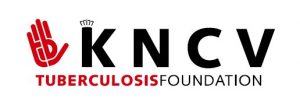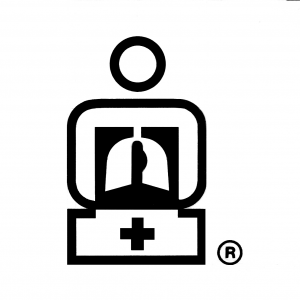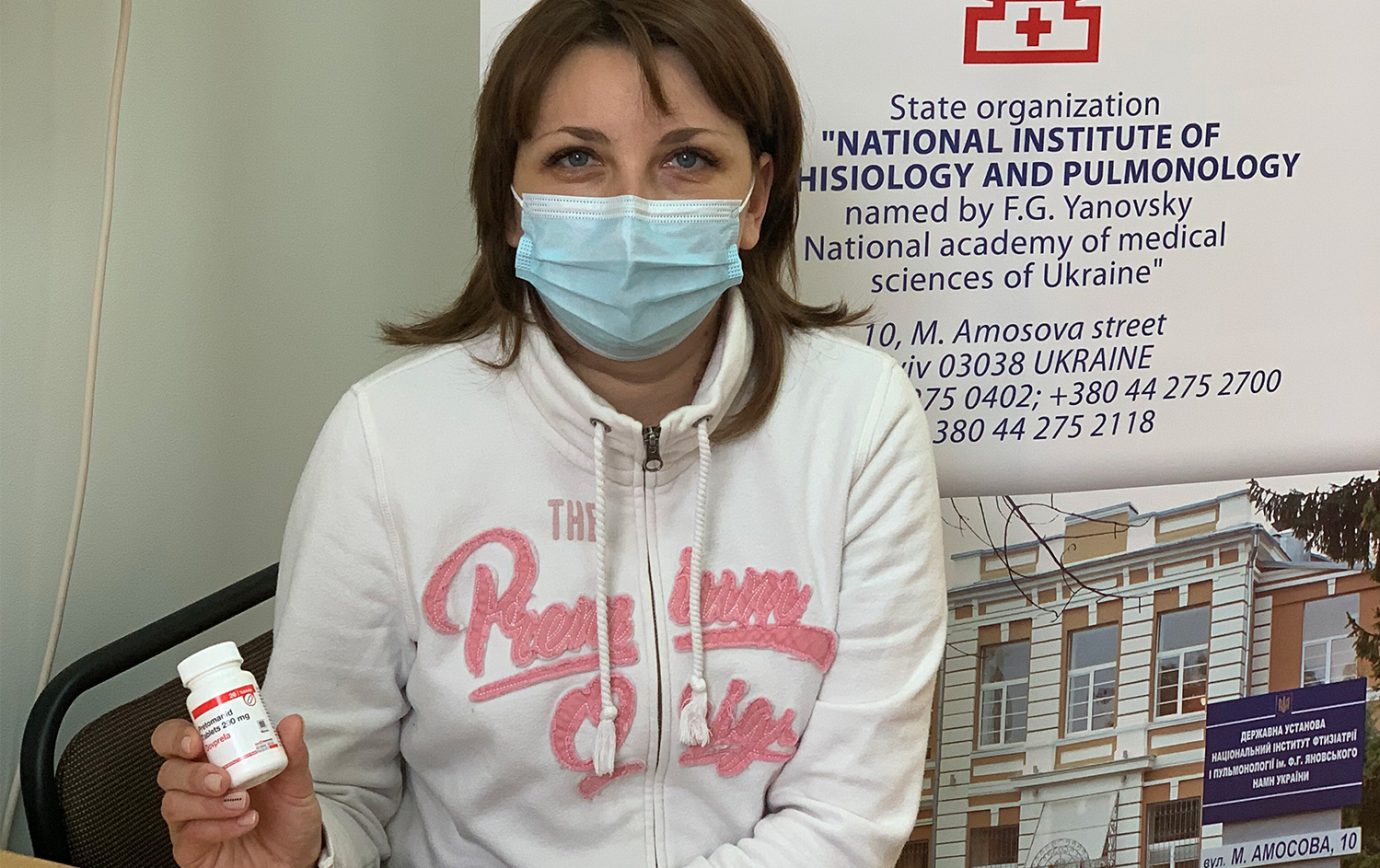Ukraine is the first country in the world to provide tuberculosis (TB) patients with the groundbreaking new BPaL treatment in an operational research program. This three-drug treatment is meant for patients with extensively drug resistant (XDR) TB and is expected to have a higher success rate than previous treatments, doing away with painful daily injections. This deadly infectious disease currently ranks as the third cause of death in Ukraine among communicable, maternal, neonatal and nutritional diseases.
The BPaL regimen was developed by the non-profit TB Alliance and is implemented in Ukraine by the local NGO OATH with technical support from KNCV Tuberculosis Foundation. The project ‘Evidence generation for shorter MDR / XDR-TB treatment in Ukraine’ is carried out in close collaboration with the NTP and National Institute of Phthisiology and Pulmonology and funded by Stop TB Partnership’s TB REACH which receives foundational support from Global Affairs Canada.
The World Health Organization (WHO) estimates that as many as 34,000 people across Ukraine developed TB in 2019, with about 11,000 having drug-resistant TB including XDR-TB, a form of the disease that is extremely difficult to cure.
“Ukraine is one of the countries in the world, hardest hit by XDR-TB. We are proud and thankful to be the first among the drug resistant TB high burden countries to offer the BPaL regimen to our patients. This will save many lives”, says Dr. Nataliia Lytvynenko, principal investigator from the National Institute of Phthisiology and Pulmonology.
New hope for people with drug resistant TB
Tuberculosis kills 1.4 million people worldwide every year despite the fact that most people can be cured with a standard, inexpensive treatment. However, the chance of a cure is low in people with XDR-TB. Conventional drugs do not work and treatment is much longer (18 – 24 months). According to the WHO, the cure rate of XDR-TB worldwide is only 43 percent. The new BPaL regimen (6 months, without injections) however, has shown a cure rate of 90 percent in clinical trials, according to Phase 3 trial results published in the New England Journal of Medicine.
For Ukrainians like 35-year-old Hanna* (pictured above), who previously had little hope of surviving XDR-TB, this offers a good chance to be cured. Hanna: “I have two young children. I want to see them grow up and be there for them. They are with my mother whilst I am admitted to the hospital. I worry and miss them terribly. Hopefully, thanks to this new treatment, I will recover fast and will soon be with my children and family again.”
(Read the full story of Hanna here)
Further roll-out and scale-up of BPaL
The BPaL regimen (consisting of the drugs pretomanid, bedaquiline and linezolid) was developed by TB Alliance (with support from the Dutch Government among others) and has been approved by the U.S Food and Drug Administration (FDA), European Medicines Agency (EMA), Drug Controller General of India and recommended by the WHO. Ukraine is the first country where patients can start under “operational research conditions.” The safety and effectiveness of BPaL are being monitored. In this way, it contributes to increasing scientific evidence for new shorter treatment methods.
“It is so important to get this treatment to the patients who need it. Ukraine has done an outstanding job to make BPaL available for those who need it,” said Agnes Gebhard, Technical Director of KNCV Tuberculosis Foundation. “We support many countries worldwide in implementing this regimen. They will soon follow in Ukraine’s footsteps. However many more countries need to follow suit. All XDR-TB patients worldwide and others who can benefit from this treatment deserve access to this lifesaving and shorter regimen.”
In Tajikistan, KNCV is also preparing BPaL implementation funded by Stop TB Partnership’s TB REACH initiative. In Kyrgyzstan, Ukraine, Uzbekistan, Myanmar, Vietnam, the Philippines and Indonesia the LIFT-TB project (funded by KOICA and TB Alliance and implemented in collaboration with ITRC and KNCV) will also make BPaL accessible to patients. In Nigeria KNCV is doing so with the support of a local Dutch funder (SMT).
“This is a great example of how Stop TB Partnership supports countries and partners that want to really push for new tools and innovations. Stop TB’s GDF supplied the drugs and TB REACH provided the funding so we can get more evidence to improve treatment success and reduce costs and treatment duration,” said Dr. Jacob Creswell, Head, Innovation and Grants Team, Stop TB Partnership
*The full name of the patient is known by OATH but not published because of privacy.

OATH is a Ukrainian NGO with a ten-year record of implementing TB programs, with particular capacity in operational research (OR). With strong operational and programmatic capacity, it has successfully managed projects funded by a variety of international donors. OATH is currently leading the 18-month TB REACH-funded OR project to evaluate the BPal regimen as a precursor to oblast adoption. In addition, OATH is co-implementing ASCENT, a multi-country UNITAID-funded project to evaluate digital technologies to strengthen treatment adherence. From 2011 to 2015, OATH was Global Fund Round 9 sub-recipient responsible for strengthening TB diagnostic network, building provider capacity in TB case management, overseeing monitoring and evaluation, and supporting policy development. In 2015-2016, OATH also co-implemented the TB REACH-funded project to improve TB case detection in the detention system in Ukraine.

The Stop TB Partnership is a United Nations hosted entity based in Geneva, Switzerland, committed to revolutionizing tuberculosis (TB) space to end the disease by 2030. The organization aligns more than 2,000 partners worldwide to promote cross-sectoral collaboration. The Stop TB Partnership’s various teams and initiatives take bold and smart risks to identify, fund and support innovative approaches, ideas, and solutions to ensure the TB community has a voice at the highest political levels and that all people affected with TBhave access to affordable, quality, and people-centered care. Learn more at www.stoptb.organd follow us at @StopTB.

KNCV Tuberculosis Foundation has been fighting TB since its establishment in 1903. Over these 117 years, the organization has acquired indispensable knowledge and experience in the field of effective TB control, resulting in significant contributions to global evidence generation, policy development and TB program implementation worldwide. KNCV has extensive international technical experience in supporting those countries preparing to introduce new drugs and regimens and is involved in BPaL implementation in over ten countries with a high XDR-TB burden

State organization ‘National Institute of Phthisiology and Pulmonology named by F.G. Yanovsky Academy of medical sciences of Ukraine’ (NIFP NAMSU): At the NIPHP NAMSU TB facility of the national level patients from all regions of Ukraine are treated without territorial belonging. Usually difficult cases are referred here for treatment. In addition, NIPHP NAMSU is the principal location for scientific research. Besides the BPaL implementation for XDR-TB patients, NIPHP is involved in operational research to study the effectiveness of shorter non-injectable regimens with bedaquiline for patients with multi-drug resistant (MDR) TB, as well as to reduce the duration of the individualized regimen to 12 months. Individualized regimens with the inclusion of new drugs were introduced in Ukraine by NIPHP NAMSU in 2017 as part of the Challenge TB project, which was led by KNCV and implemented by PATH with USAID funds. Upon completion of the project, the work on the effective use of new drugs at NIPHP NAMSU continues.

